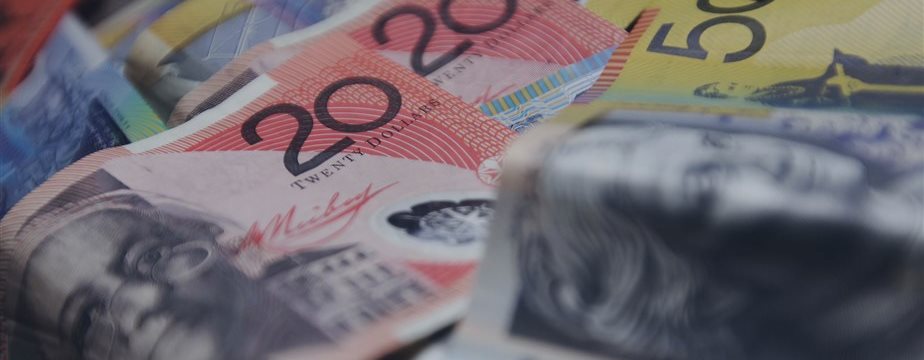The Australian dollar dropped on Tuesday impacted by data on exports and imports from China, as well as the Bank of Japan minutes.
AUD/USD changed hands at 0.7319, down 0.58%, with the currency's fortunes linked strongly to commodity trade with China.
USD/JPY traded at 119.82, down 0.17%.
In China, the trade balance for September came in at a surplus of RMB376.2 billion, compared to RMB368 billion in August.
Dollar numbers were not available at once. Imports dropped 17.7%, well below the expected fall of 15%, but exports eased 1.1%, better than the 6.3% decline seen.
Earlier, the Bank of Japan minutes from September showed that some board members think consumer prices may decline in the year ended March with a close eye on oil prices.
Moreover, bank lending in Japan climbed 2.6%, a slower pace than the 2.8% gain in August with businesses wary of implementing capex plans as seen in poor machinery orders amid slow domestic consumption and global growth.
Also on Tuesday, Reserve Bank of Australia Deputy Governor Philip Lowe welcomed a weaker Aussie, speaking at the CFA Institute Australia Investment Conference in Sydney.
He reiterated the RBA's recent messages that the fall in the Australian dollar is supporting the economy as it is in the process of re-balancing away from mining investment.
Lowe added that flexibility in the exchange rate is significant:
"Depreciation over the past couple of years is playing an important role in helping the economy adjust to the wind down of the boom in mining investment."
In Australia's NAB's business confidence survey for September reached plus-5 from an eapected plus-4 and the August level of plus-1. Business conditions came in at plus-9, the same as August.
Meanwhile, the greenback shrugged off hawkish comments from some of the Fed board members. Federal Reserve Bank of Atlanta leader Dennis Lockhart, a voting member of the interest-rate setting Federal Open Market Committee, on Monday repeated that he still thinks the U.S. central bank will raise short-term interest rates later this year.



